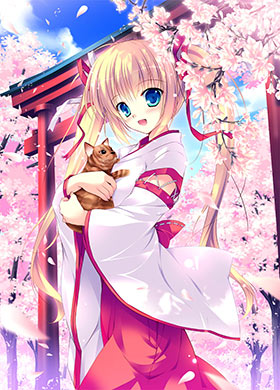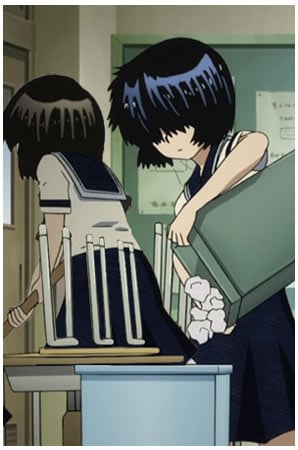The Japanese can be somewhat superstitious compared to Americans. It’s common in department stores to see people getting their palms read, and fortune tellers that develop a reputation for issuing accurate predictions become very popular, with lines of people eager to hear their advice. There’s a cycle of six “lucky” and “unlucky” Buddhist days, and virtually everyone goes out of their way to get married or take delivery of a new car on Taian, the luckiest day in the cycle, and avoid these activities on Butsumetsu, the unlucky day that means “Buddha’s death.” Salt is thought to purify (sumo wrestlers throw it in the ring before a bout), and when you arrive home after a Japanese funeral it’s important to throw salt all over your body before crossing the threshold in order to keep evil spirits from entering your home. Similarly, when you break ground on a new home, you always call the local Shinto priest who comes to purify the ground and appease the kami with salt, fish and sake — we did this when we built the J-List office, which no doubt insured our success as a company. The Japanese are also interested in Feng Shui as well as several similar divination systems, and virtually every official building in Japan’s capital of Tokyo was constructed so as to be in the perfect location for bringing good fortune to the nation of Japan.

The guy from the Shinto shrine didn’t look as good as this.















